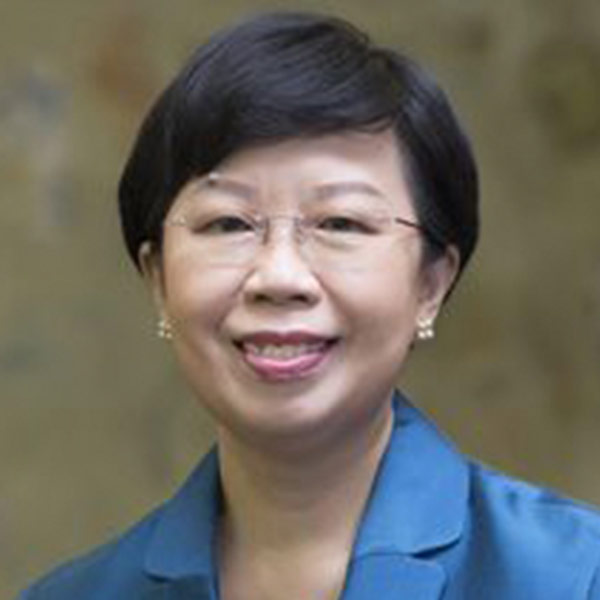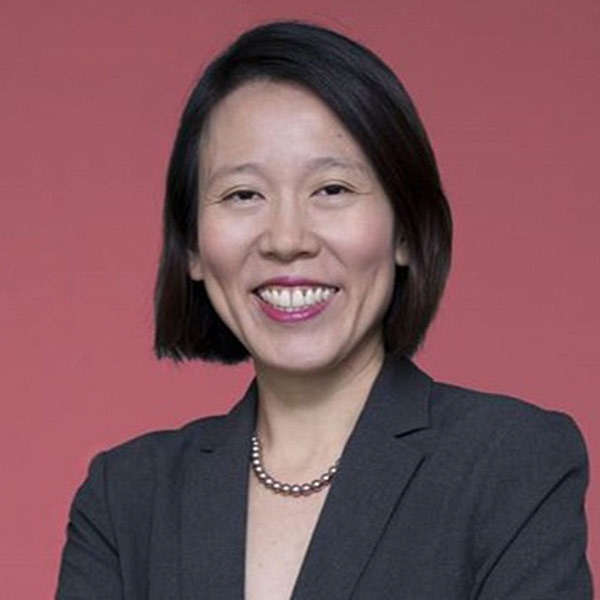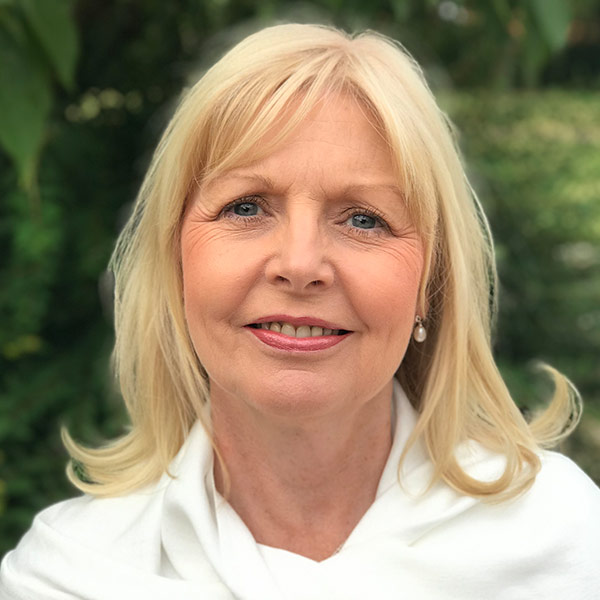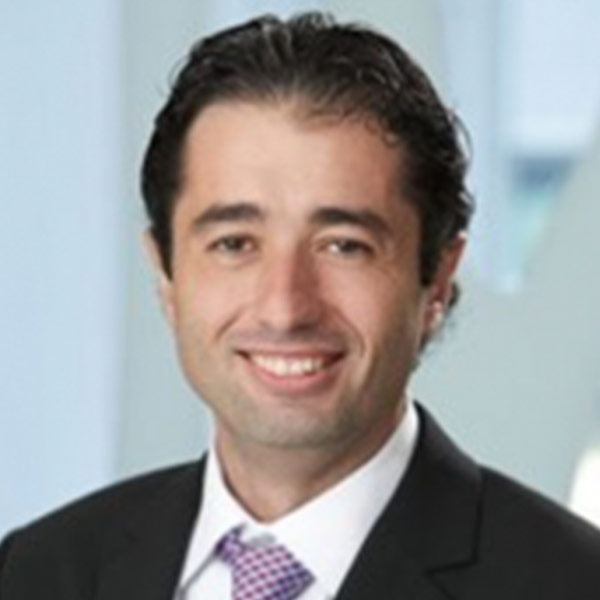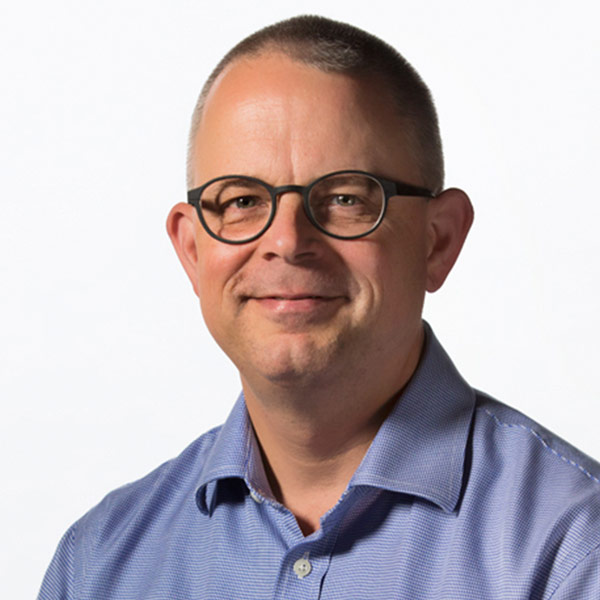Day 1 | 20 November 2019
Programme in PDF can be downloaded here or View Day 2 Programme
8:00am
Registration / Networking Breakfast
Mochtar Riady Auditorium Foyer
8:50am
Guests to be seated
(Auditorium doors to be open at 8.40am)
Mochtar Riady Auditorium Foyer
9:00am
Welcome Remarks by SMU President
Mochtar Riady Auditorium
9:10am
Opening Address by Guest-of-Honour (GOH)
Mochtar Riady Auditorium
9:25am
Conference Video
Invitation to GOH to view MOE-TRF Poster Presentations
Mochtar Riady Auditorium
9:30am
Tea Break
Viewing of MOE-TRF Poster Presentations
Mochtar Riady Auditorium Foyer & Level 4
10:00am
Keynote
Digital Futures? How Should Higher Education Prepare?
Mochtar Riady Auditorium
Despite considerable research into the use of technology in higher education, there is still a gap between what teachers might perceive as valuable digital curriculum design and what students perceive as valuable digital learning experiences. We need to understand how students engage with digital learning, so that we may forge pedagogically-led educational technology. Frequently, TEL interventions appear to be technology-led, rather than responding to identified teaching and learning needs. While the TEL research may add to the body of literature, impact on improvements in practice are more difficult to ascertain. While those researching education technology would argue that they do provide evidence of the benefits of educational technologies, those engaged in the scholarship of teaching and learning (SoTL) would counter this, arguing that TEL researchers are too distanced from practice. Hence research and practice would appear to be progressing along parallel, but largely independent tracks. If we are to bridge the gap between research and practice, and to produce sensible and actionable innovations, we need to adopt a SOTL approach to digital technologies. This talk explores these tensions and examines the relative merits of SoTL in applying educational technology to bring about transformative changes – not just doing things better, but doing better things.
11:00am
Break
11:15am
The Potential of Artificial Intelligence in Personalised Learning
Mochtar Riady Auditorium
A recent acceleration of innovation in Artificial Intelligence (AI) in a wide variety of domains from speech recognition and image classification to genomics has made it a hot topic during the last few years. AI has been increasingly seen as a high potential tool to help in education as well: indeed, it offers the opportunity to enhance learning environments for the educator to better evaluate the learning process, as well as to help learners improve their learning experiences. In this context, it is expected that AI will have a significant influence on education at all levels, starting from schools, to university education, to continuous learning. It will impact both the way we deliver education and the way students will be able to learn, get deeper knowledge on subjects of interest, and improving professional skills. This talk will describe a variety of ways in which AI is used in personalized learning as well as future trends.
12:15pm
Lunch & MOE-TRF Poster Presentations
Level 4 & Level 5 open spaces
1:30pm
BREAKOUT SESSIONS 1
Session 1a
Scaling up 21st Century General Education through Technology
Facilitated by NUS
Function Room 4.1 & 4.2
LEE Adrian Michael
Deputy Director,Centre for Development of Teaching and Learning
Associate Professor
National University of Singapore
Panelists: Vikki Bo, SUSS
Vikki Bo
Lecturer
Teaching and Learning Centre
Singapore University of Social Sciences
Foo Yong Lim
Associate Professor
Assistant Provost (Applied Learning)
Singapore Institute of Technology
Khoo Xiaojuan
Lecturer
Singapore University of Technology and Design
Susheela A. Varghese
Associate Professor, Corporate Communication (Education)
Director, Centre for English Communication
Singapore Management University
General education is "that part of a liberal education curriculum that is shared by all students... it provides broad exposure to multiple disciplines and forms the basis for developing essential intellectual, civic, and practical capacities" (AAC&U, "What is a Liberal Education...
Read more
Session 1b
Transforming Higher Education Through Artificial Intelligence: Impact and Implications
Facilitated by SMU
Mochtar Riady Auditorium
Goh Yihan
Dean, School of Law
Professor of Law
Director, Centre for AI and Data Governance
Singapore Management University
Presenters: Kan Min-Yen, NUS
Kan Min-Yen
Associate Professor, NUS School of Computing
Assistant Dean, Undergraduate Studies
National University of Singapore
Kwan Wei Lek
Senior Lecturer
Singapore University of Technology and Design
Lim Ee-Peng
Lee Kong Chian Professor of Information Systems
Director, Living Analytics Research Centre
Singapore Management University
Sergio Hernandez-Marin
Business Analyst Lead Google Pay
AI Mentor
Google Singapore
"As leaders, it is incumbent on all of us to make sure we are building a world in which every individual has an opportunity to thrive. Understanding what AI can do and how it fits into your strategy is the beginning, not the end, of that process" ~ Andrew Ng
Read more
Session 1c
Experiential Learning: Evolving Roles of Educators
Facilitated by SIT
Admin Executive Seminar Room 4-1
Ong Chee Ming
Learning Designer
Centre for Learning Environment and Assessment Development
Singapore Institute of Technology
Presenters: Pearpilai Jutasompakorn, SIT
Pearpilai Jutasompakorn
Assistant Professor
Singapore Institute of Technology
Sergey Kushnarev
Senior Lecturer
Singapore University of Technology and Design
Gary Pan
Associate Professor of Accounting (Education)
Associate Dean (Undergraduate Admissions and Student Development)
Academic Director, SMU-X
Singapore Management University
Venky Shankararaman
Professor of Information Systems (Education)
Deputy Dean, Practice & Education
Singapore Management University
Experiential learning involves the student as the centre of the experience and encourages students to experiment and reflect. Several aspects of the students’ learning experience can be enhanced with technology...
Read more
3:00pm
Tea Break
Level 4 & Level 5 open spaces
3:30pm
Keynote
Personalizing Education at Scale - Designing for Equity, Inclusion, and Student Success
Mochtar Riady Auditorium
Universities around the world introduce thousands of students to dozens of disciplines every year. For most of the last century, this kind of education at scale has been delivered in narrowly constructed, industrialized ways. In today's world of digitally mediated education, it is possible to personalize this student experience, even when teaching thousands. Personalization at scale empowers students, providing each individual with the feedback, encouragement, and advice they need to study more effectively, acquire desired competencies, and make more informed academic choices. This talk will describe a variety of ways in which data and information technology are being used to support equity, inclusion, and student success in large university settings.
